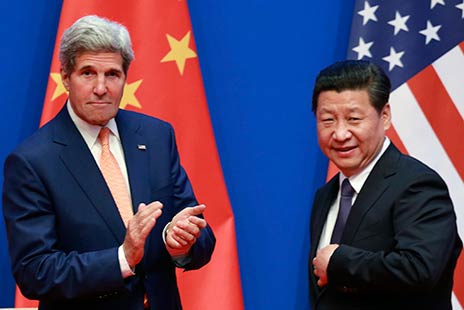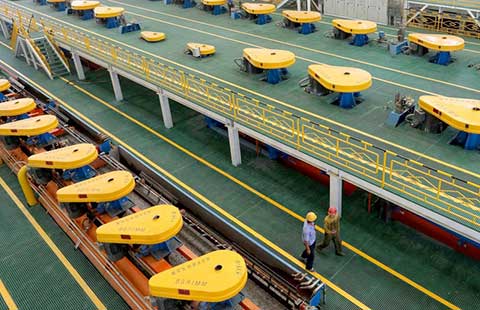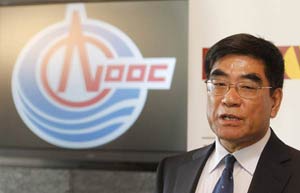Shanghai weighs in on SOE ownership reforms
By Li Yang in Shanghai (China Daily) Updated: 2014-07-09 07:15Independent financial auditing, scrupulous asset value assessments, reports by an expert review panel and legal opinions issued by law offices are also requisites for restructuring the SOEs' ownership.
The Shanghai government is giving SOEs considerable autonomy regarding the reform of their branch enterprises. But the reforms of key branch firms and all reforms of big SOEs must still be decided and supervised by Shanghai's State-owned assets supervision and administration commission and the government.
Shanghai Party chief Han Zheng hinted that opinions are a good beginning for the difficult reform, saying, "I hope the 'second half of the game' can be even more fruitful" after a vice-mayor explained the opinions item by item to representatives of SOEs and private businessmen in Shanghai.
SOE reform has been occurring sporadically in various fields since the early 1980s, when China's planned economy came to an end.
The process, accompanied by major losses of undervalued State-owned assets, produced tens of millions of laid-off workers, as well as approximately 100 large-scale SOEs, thanks to their industries' "strategic importance" to the national economy.
Yet huge government subsidies, preferential policies in taxes and land, and abundant supplies of natural resources allow many to lead in terms of revenue but trail when it comes to net profits.
|
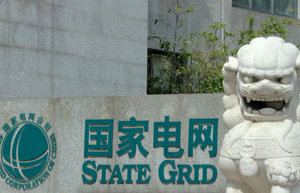 |
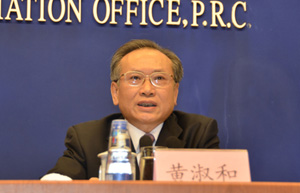 |
| Power supplier will seek private capital | China to diversify SOE shareholding |
- China, US to start negative list BIT negotiations
- Electric-car buyers to get tax exemption
- Price data offer fresh evidence of a recovery
- Consumer spending rises in June
- High-end residential projects still popular in Beijing
- Feast your eyes at China Intl Robot Show
- MYOTee candy finds sweet success in Shenyang
- Top 10 biggest websites in the world




